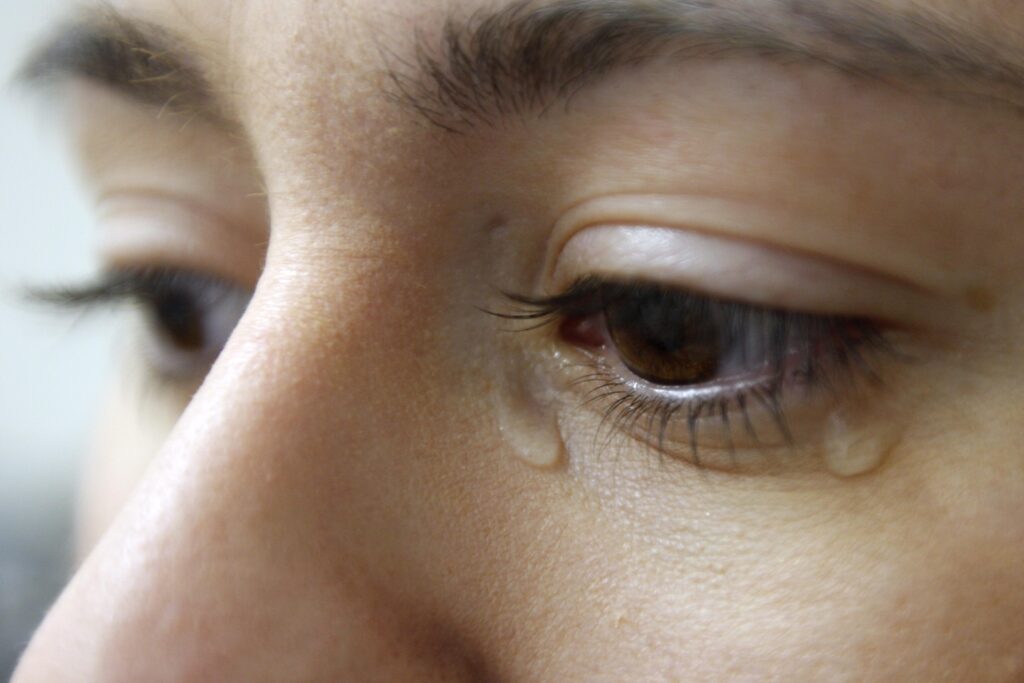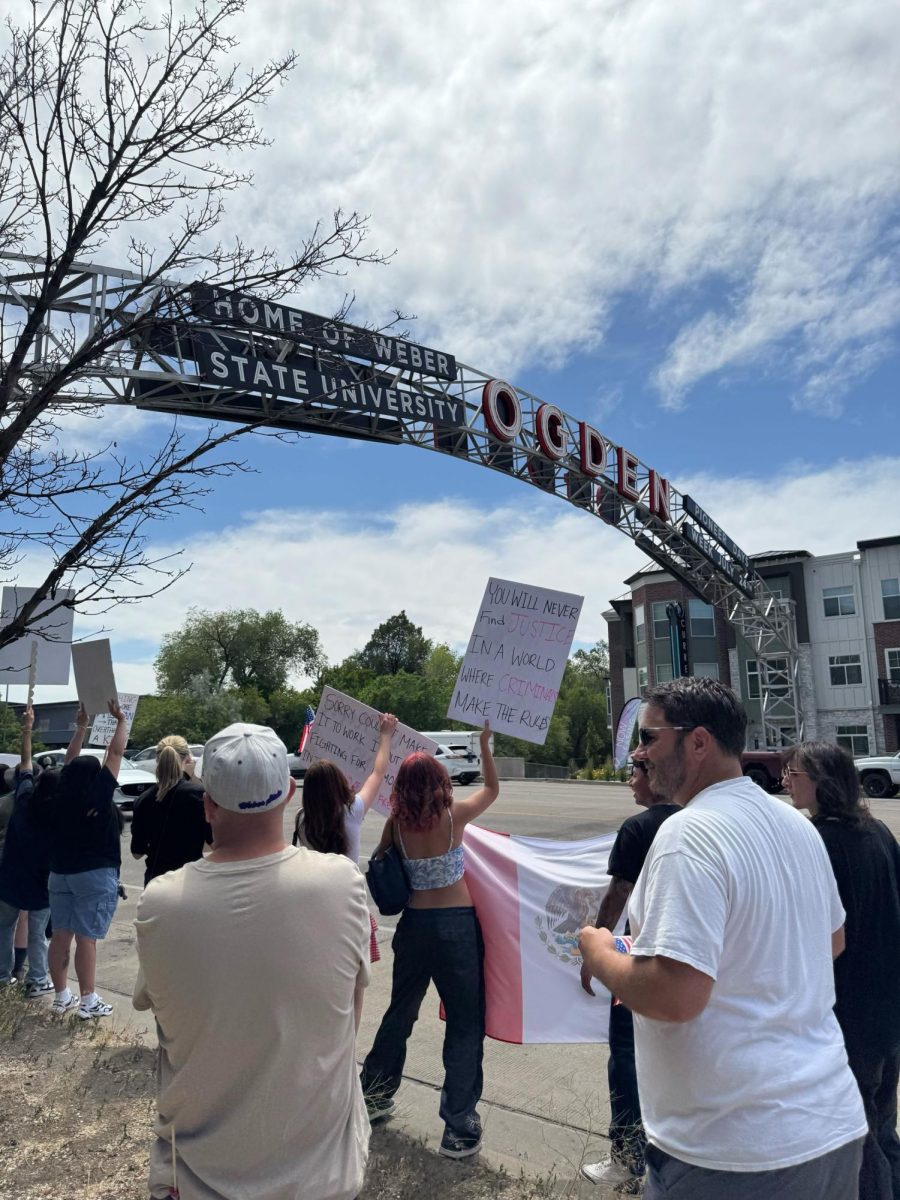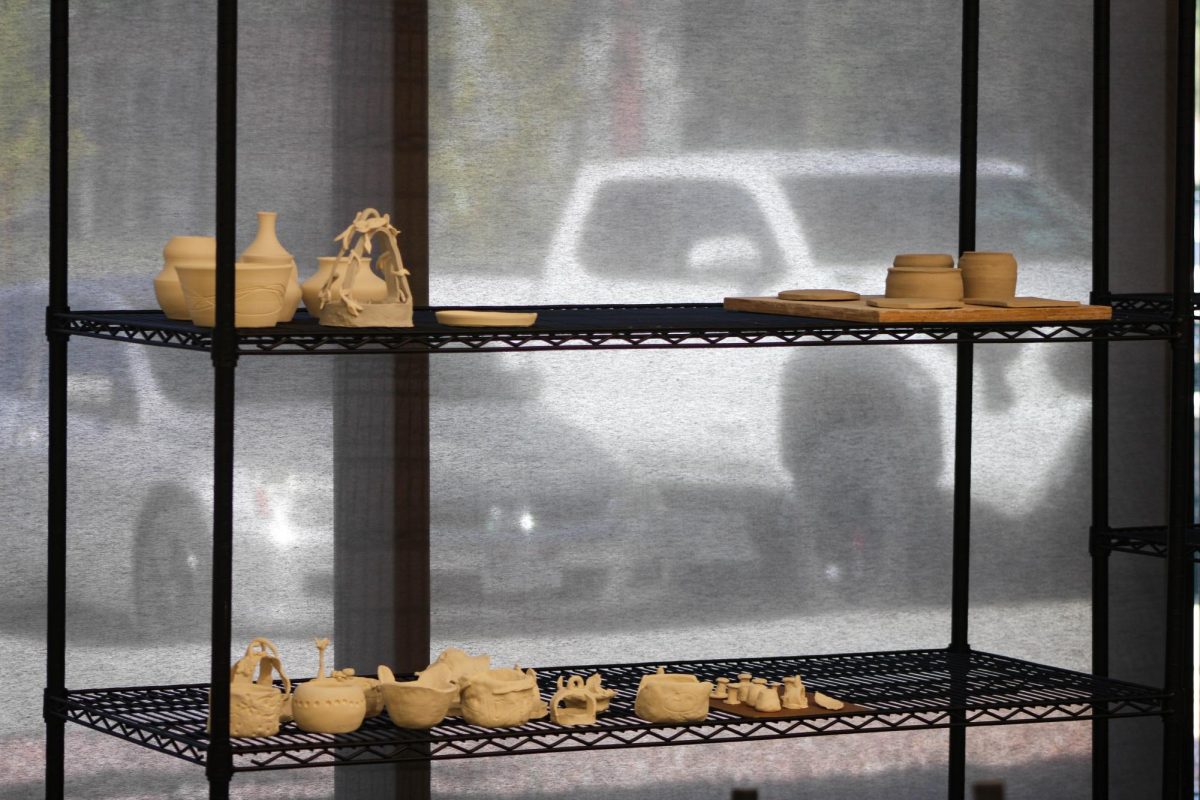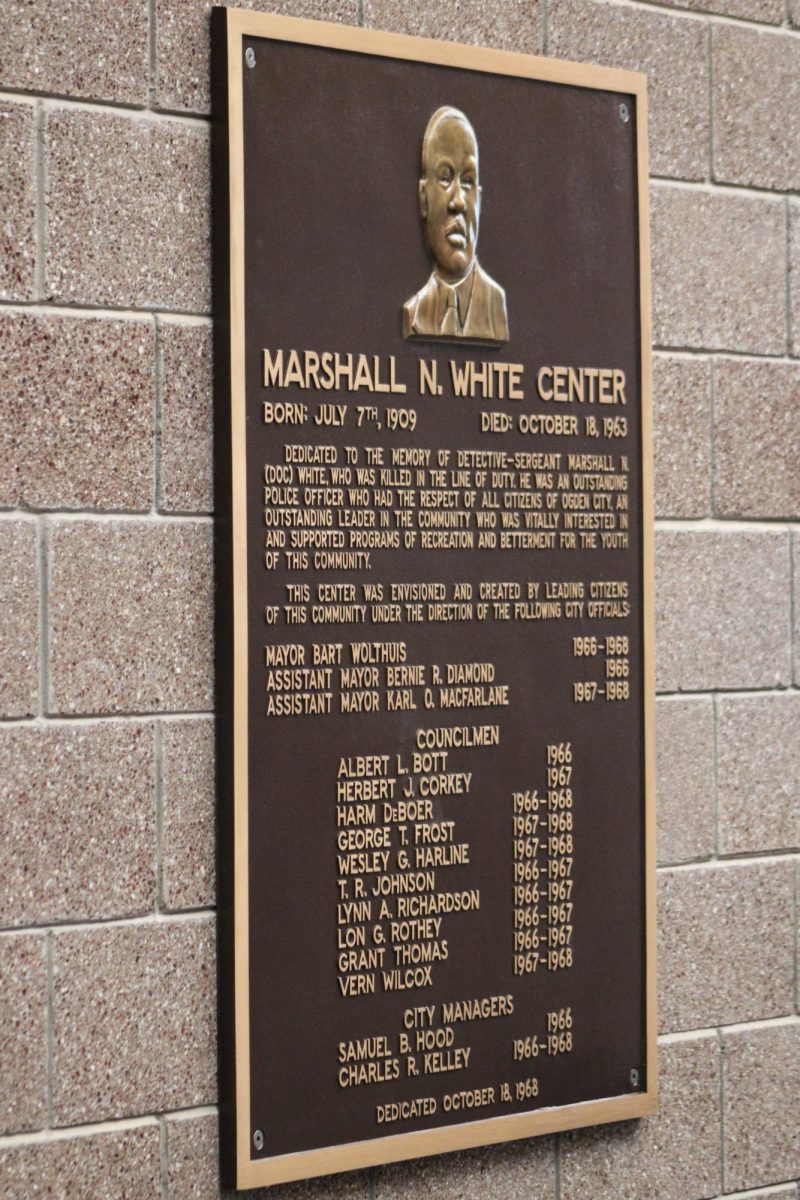During any regular drive around town in Ogden, one can see billboards with the tagline “#Utah 1 in 3.” One in three women in Utah experience some form of domestic violence, a rate higher than the national average of one in four.
This current statistic is splashed across billboards throughout the state, bringing it firmly into the public eye. The question this raises is how this billboard-sized number can be reduced.

Capt. Danielle Croyle, of the Ogden Police Department, argued it is important to understand how policy and protocol have changed over the last two decades when dealing with domestic violence.
“Back in the early ’90s, when I first started with the police department, even as progressive as we were, we would go to a domestic violence call and if the victim didn’t want to press charges, we just left. It was considered a private, family matter,” Croyle said.
Now when officers respond to domestic abuse calls, resources and shelters are offered to victims. However, Croyle said this doesn’t reduce the number of domestic violence calls.
“The numbers don’t reduce,” she said. “If we are doing our job and we are helping the victims, we are going to get more calls and more reports. This is because we’ve provided the resources and knowledge.”
While protocols have changed with first responders, other organizations have seen drastic changes in domestic violence policies as well. Paige Davies, advocate and program specialist at the Weber State University Women’s Center, said resources for domestic violence victims have not always been available on campus, but the Clery Act changed that.
According to Davies, the Clery Act states that college campuses must provide information regarding the crime on campuses to the public. It also mandates campuses provide training on preventing sexual assault.
The Clery Act set out guidelines for the prevention of sexual assault, but it was not until the last five years that the act became more robust. In 2013, the Campus SaVE Act added domestic violence, dating violence and stalking to the sexual assault policies under the Clery Act.
Madeline Gassman, an employee at the WSU Women’s Center, said adding domestic violence to the Clery Act was important.
“A lot of students don’t know their options if something happens,” Gassman said. “They feel pretty alone because they don’t know where to go or if it’s happening to anyone else. I think it’s really important to know not only how big of a problem it is but also what you can do to help and how to access your resources.”
Even though huge changes to campus policies have been made within the last 20 years, Davies maintains there is still more that needs to change in Utah before the numbers will stop rising.
“There are pockets of activism about this topic, but there are still pockets of silence,” she said. “I think there could be so much more done to bring awareness that requires commitment from legislators to make sure there’s money being put in certain places to help those in need.”
In recent years, the fight against domestic abuse has been expanded to focus on raising awareness about the matter as well. Brent Hinsley, child advocate at the Your Community Connection Family Crisis Center, said Utah is taking steps to change how domestic abuse is viewed.
“Utah is bringing more awareness to domestic abuse,” he said. “If you’re the neighbor or friend you should call the police when it happens. It’s getting rid of that stigma that it’s a private, family matter. People need to get involved, and I think we are making that stride to make people understand that it is a dangerous issue.”
Hinsley also said Utah is trying to improve the court process when it comes to domestic violence-related crimes.
“There’s a lot of people that have a lot of say over these court issues relating to domestic violence,” Hinsley said. “There are a lot of lawyers and a lot of judges that do not understand the issue. So doing more training for lawyers and judges as far as what causes domestic violence, it will help them prosecute better and protect the victims.”
Stigmas still exist, but Utah is moving forward in the fight against domestic violence. With the implementation of better policies and protocols, the hope is that the statistic plastered on billboards across the state will change.
However, Mindi Haddock, outreach and victim specialist at the Your Community Connection Family Crisis Center, cautions the public to understand Utah is not alone in the fight.
“Domestic violence is everywhere. Utah really is not different,” Haddock said. “Domestic violence is the one crime across the board where there are no boundaries. Every race, every ethnicity, every religion, any sex, any sexual orientation, none of that matters. Whether it is here or in the Bible Belt, it is the same. The important thing to understand is that anyone can be an abuser and anyone can be a victim.”



















